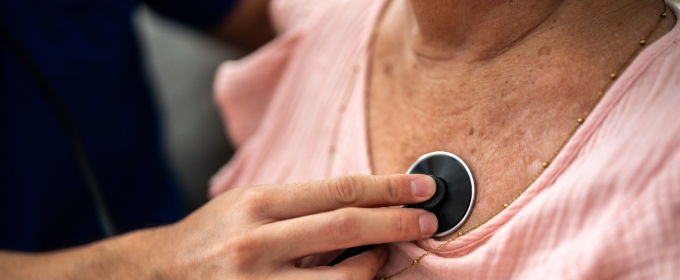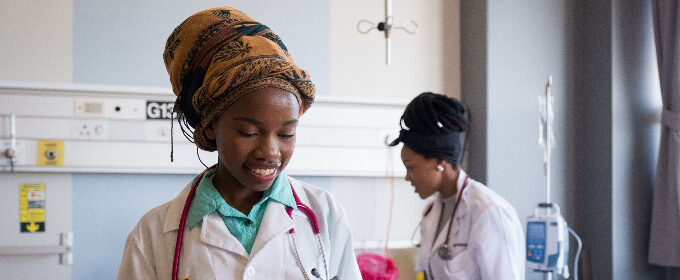Breast cancer is the most common cause of death in women aged 35-50 years in the UK. Despite this, screening for breast cancer is not routinely offered until women reach the age of 50. Here, Dr Sarah Hindmarch, Dr Sacha Howell and Professor David French outline their research exploring the delivery of breast cancer risk […]









